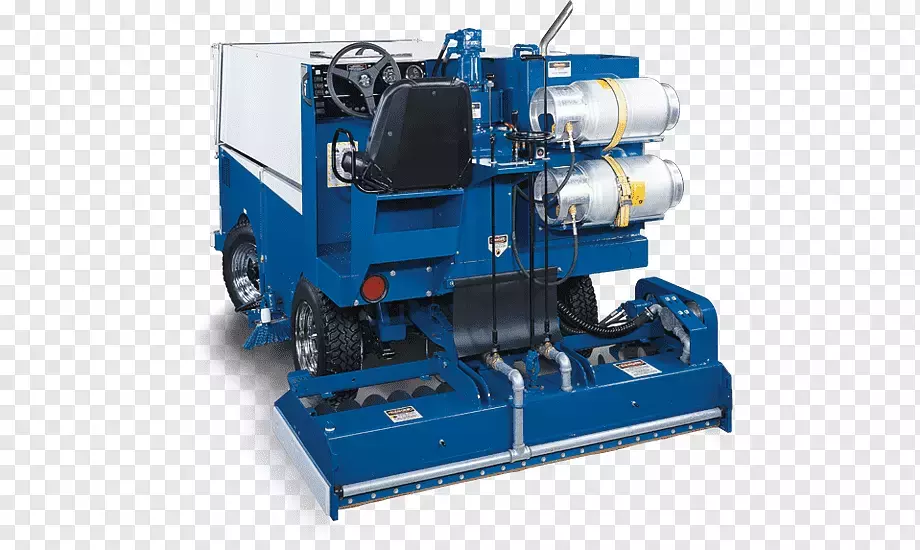Independent of other factors, running the AC definitely does.
Idk the science of it but only what I have observed. I live somewhere where it is ~20°F in winter and ~85°F in the summer. In winter I avg around 21MPG and in the summer I avg 23MPG.
The difference in gas mileage is almost certainly due to winter blend fuel, which has a lower energy density than summer blend.
with such a cold weather, the engine is going to take a while to reach ideal operational temperature, so running un-efficiently for a while. MPG change will be more noticeable if your commutes are short
Yeah my commute to work is only 7 miles so that makes sense.
Also your tire pressure likely goes down, further hurting your mileage. Always remember to swap out the summer air in your tires for winter air.
In terms of engine efficiency, I believe having an engine that’s warmed up improves efficiency somewhat, but if it’s hot enough that you turn on your AC, your mileage is going to go down. I definitely notice a difference.
That’s true I did not think about the AC factor.
The density of air depends on temperature (and humidity, among other things). A huge source of loss at freeway speed is air resistance, so lower density due to higher temps should improve mileage.
Your car’s engine has a temperature sensor on the air intake, because it needs a certain fuel-to-oxygen ratio in the cylinder to ensure all of the fuel is ignited. Cold air is denser, so more fuel is injected in colder weather for the same volume of air. While accelerating, it won’t make much of a difference, but it would lead to decreased fuel mileage due to more fuel used while idling and coasting.
Warm weather drastically improves my hybrid’s gas mileage. The batteries don’t operate as well once it gets below mid-40s fahrenheit.
Yes. One aspect is high humidity, where there is more drag on the car because of the moisture in the air. Since Warren air has more capacity for moisture than low air, it means heat plays some factor in gas mileage.
I’m sure there’s tons of other factors that heat plays into as well, such as your engine running outside optimal temperature ranges or how much grip your tires have on the road.
Yep, it’s worse, but minimal. I drive a heavy car (Volvo S80) on LPG and the mileage is tad worse, less then 10%. The best mileage I get on highway trips at 20C or just below that.
Newer vehicles would not be too much of a difference depending on how much you let your vehicle warm up before driving during the winter. It runs less efficiently when cold but that would be offset by using the air conditioner in the summer. My primary vehicle is an 1988 4runner, it increases the idle when it’s cold to get to operating temp faster, I don’t have a/c. During the winter I get about 10mpg pretty much regardless of whether I let it defrost before driving or not, during the summer it goes up to about 15mpg. My fiance’s 2003 Jetta only varies by about 3mpg between summer and winter though.




